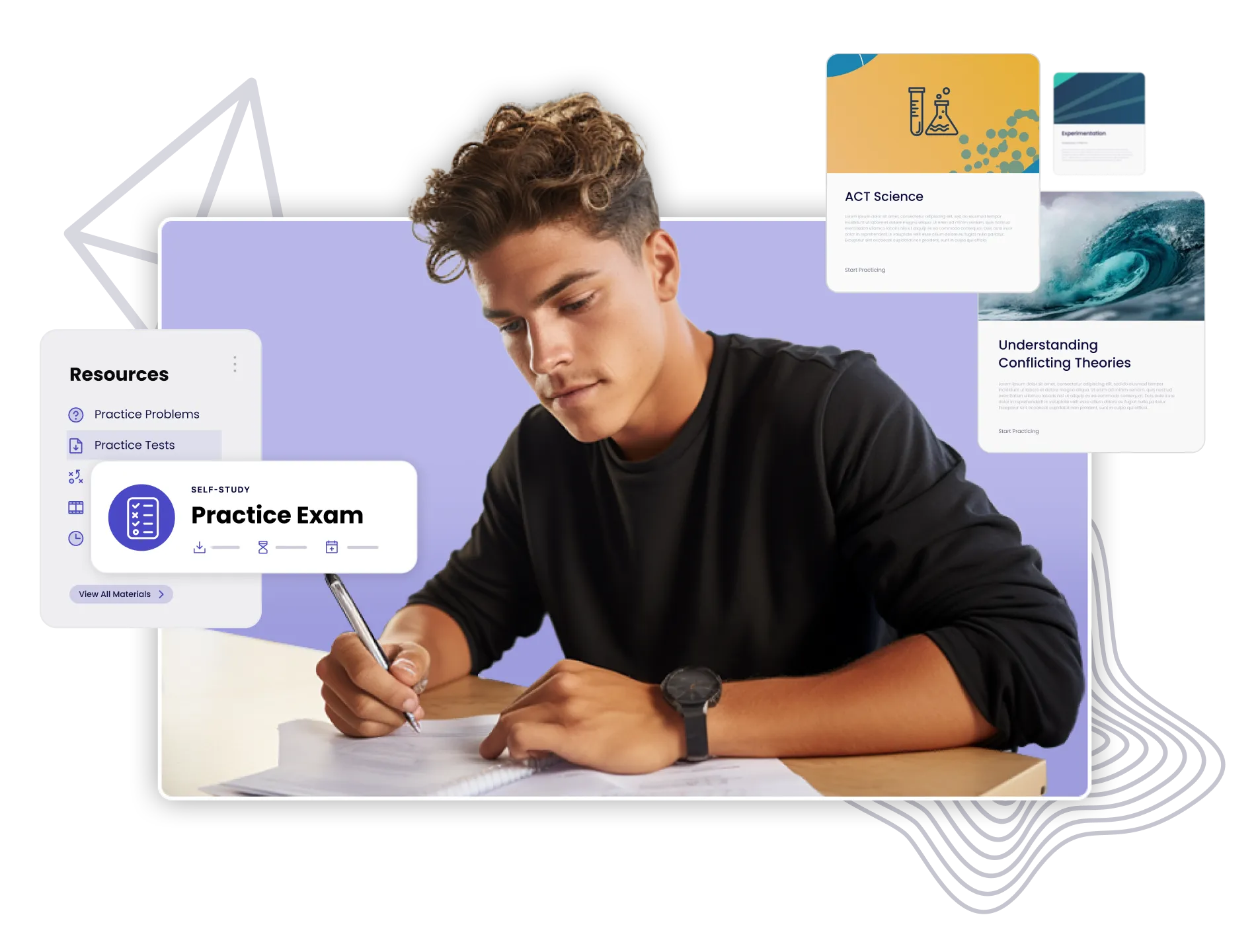A College Student's Guide to Disability Support Services

With all of the resources available at your college or university, it can be overwhelming knowing just where to find the support you’re seeking. The disability support services office, also called accessibility services, is available for college students who can benefit from additional assistance addressing learning differences and other related needs. Regardless of whether you’ve previously had an IEP or a 504 plan, the disability support services department at your school can provide the benefits and support you need.
Are you looking for individualized support at your college or university? Keep reading to discover a college student’s guide to disability support services.
1. Get in touch with your school’s disability support services office
Sometimes, getting in touch with your school’s disability support services department can be a taxing endeavor in and of itself. While there are many ways you can reach out to the office, it’s important to find which one is best for you. If you’re uncomfortable visiting the office without prior knowledge, your university’s disability support services department will likely have a website you can visit in order to get a better idea of the following:
- What services the department offers
- Where they’re located
- What you can expect when you visit in person
If you’d rather make a phone call as your first point of contact, or simply want to walk in when you have a moment, prepare any questions you’d like to have answered. If the semester is already underway—even if you’re closer to the end of the semester than the beginning—don’t be afraid to contact the disability support services department anyway. Your school will likely recognize that new needs may arise at any time and that not everyone knows about all available resources at the beginning of the semester.
[RELATED: How High School and College Students Can Set—and Achieve—Academic Goals]
2. Locate any relevant documentation required by the disability support services office
If you’ve had accommodations in the past, locate any previous 504s, IEPs, or medical documentation that will help the accessibility department learn more about you. Your school also needs documentation from a qualified professional for both their own records and to be able to provide you with the appropriate services. Check in with the department to see exactly what kind of paperwork you’ll need to provide. You may already have this paperwork—otherwise, you can get what you need from a new visit to your medical provider.

3. Complete your registration and schedule your intake with disability support services
In this step, you’ll provide the above documentation on your application and accompanying registration forms. At a later date, you’ll meet with someone from the accessibility department for an intake, or consult, in which you’ll discuss your needs, resources or accommodation plans that have—or have not—worked in the past, and how to use potential resources at the university.
4. Meet with instructors and professors to discuss what was established through the disability support services office
Depending on your needs, you may get an accommodation plan, assistive technology, or access to a communication team or resources. You might also have access to housing accommodations, if that’s something that you can benefit from.
For accommodation plans and other resources that you’ll use in class, you’ll meet with your professor to discuss how your established accommodation plan can be implemented in their classroom. This is when you’ll discuss things such as accommodations for quizzes and tests, assignment extensions, note-taking, and other resources like learning difference tutoring.
It’s important to understand all of the resources your school offers to help you succeed. As the semester goes on, be sure to keep your own documentation of what is or isn’t working. As your education progresses, and as your needs change, you can reference these notes in future meetings with the disability support services office.
Any topics you want to know more about? Let us know! The Varsity Tutors Blog editors love hearing your feedback and opinions. Feel free to email us at blog@varsitytutors.com.

